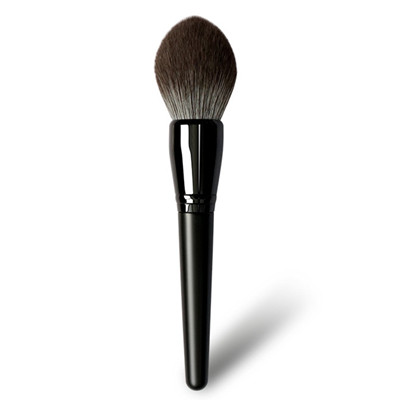The Definition of Makeup Brush Trade Barriers
Makeup brush trade barriers refer to various restrictions and obstacles that affect the free flow of makeup brushes in international trade. These barriers may include tariffs, quotas, technical standards, environmental protection requirements, health and quarantine regulations, etc., which will have a direct impact on the import and export of makeup brushes.
The impact of trade barriers on the makeup brush industry
Trade barriers for makeup brushes have a significant impact on the industry, mainly includes: increase difficulty of market access, rise costs and intensify competition.
For example, high tariffs will increase the cost of makeup brushes, making the prices in importing countries higher, thereby reducing their competitiveness; quota restrictions may limit the import quantity of makeup brushes, resulting in a situation where demand exceeds supply; and technical standards and environmental protection requirements may put forward higher requirements on the production process and makeup brush materials, increasing production costs and compliance difficulties.
Firstly, trade barriers increase the difficulty of market access for the makeup brush industry. In order to protect domestic manufacturers and markets, the imported countries may set up a series of import restrictions, such as raising tariffs and implementing quota management, which raises the threshold for makeup brushes to enter the international market. For export-oriented makeup brush manufacturers, it takes more time and energy to understand and adapt to the trade policies and regulations of different countries, which undoubtedly increases the operating costs and risks of the manufacturer.
Secondly, trade barriers lead to rising costs in the makeup brush industry. Due to restrictions such as tariffs and quotas, makeup brush exporters may need to pay additional taxes or be subject to quantity restrictions during the import process, which directly increases the cost of the product. At the same time, in order to cope with trade barriers, makeup brush manufacturers may need to invest more resources in developing new products, improving product quality or looking for alternative materials, which will increase the company's R&D and production costs.
Finally, trade barriers intensify competition in the makeup brush industry. In international trade, makeup brush brands in various countries will continue to increase marketing efforts, improve product quality and service levels in order to compete for market share. The existence of trade barriers makes this competition more intense, because companies need to compete for more market share in limited market resources. In addition, trade barriers may also cause some companies to adopt unfair means to compete, such as low-price dumping, counterfeiting and shoddy products, which further damages the healthy development of the industry.
The trade barriers for makeup brushes will not only affect the international trade of the makeup brush industry, but may also have an impact on the pattern and competition of the global makeup brush market. Makeup brush manufacturers need to pay close attention to changes in international trade policies, actively respond to challenges, and seek new development opportunities.







